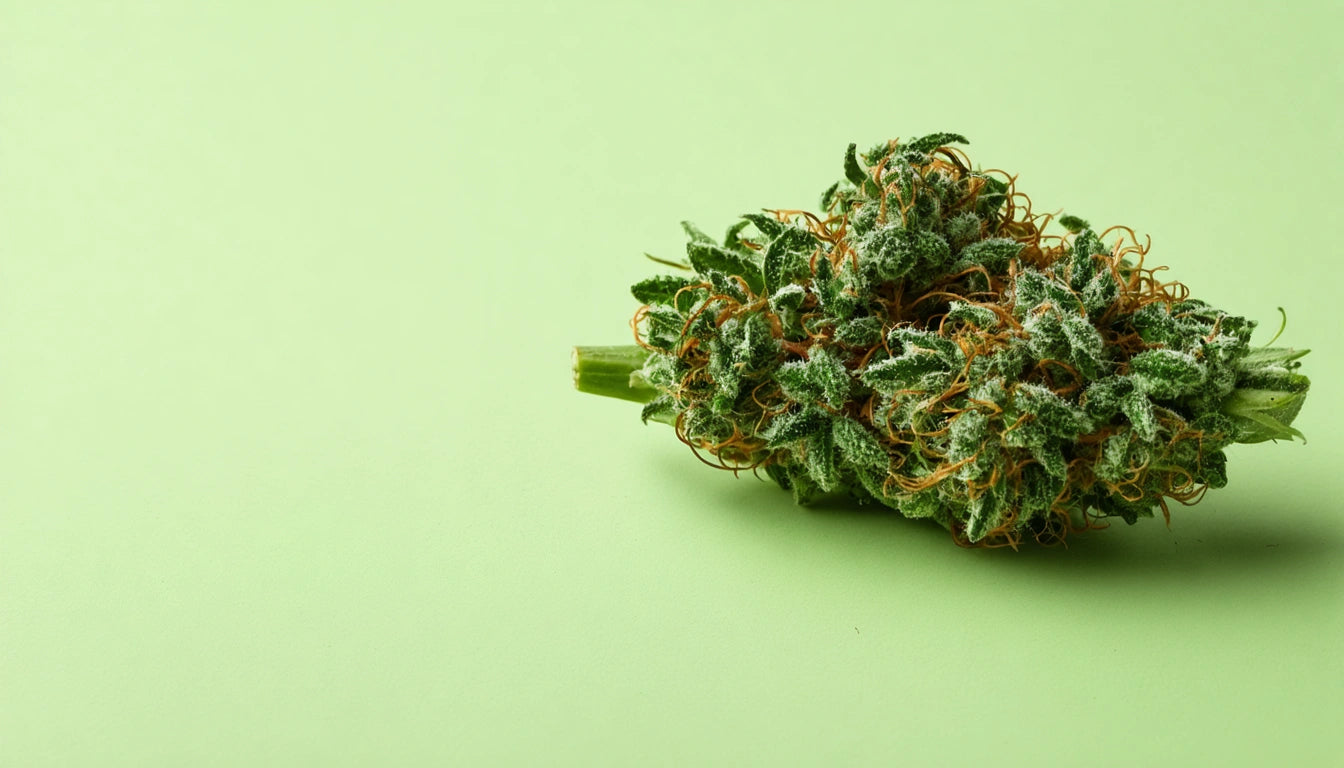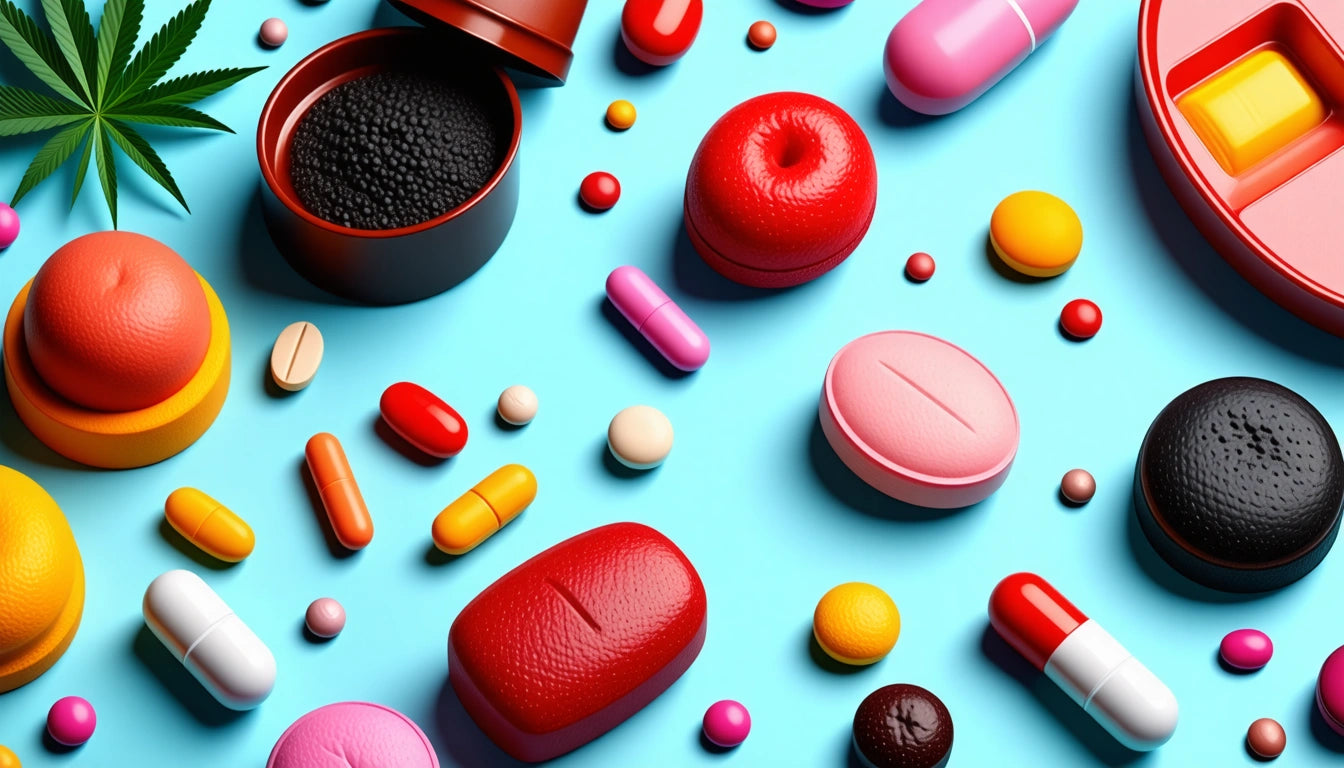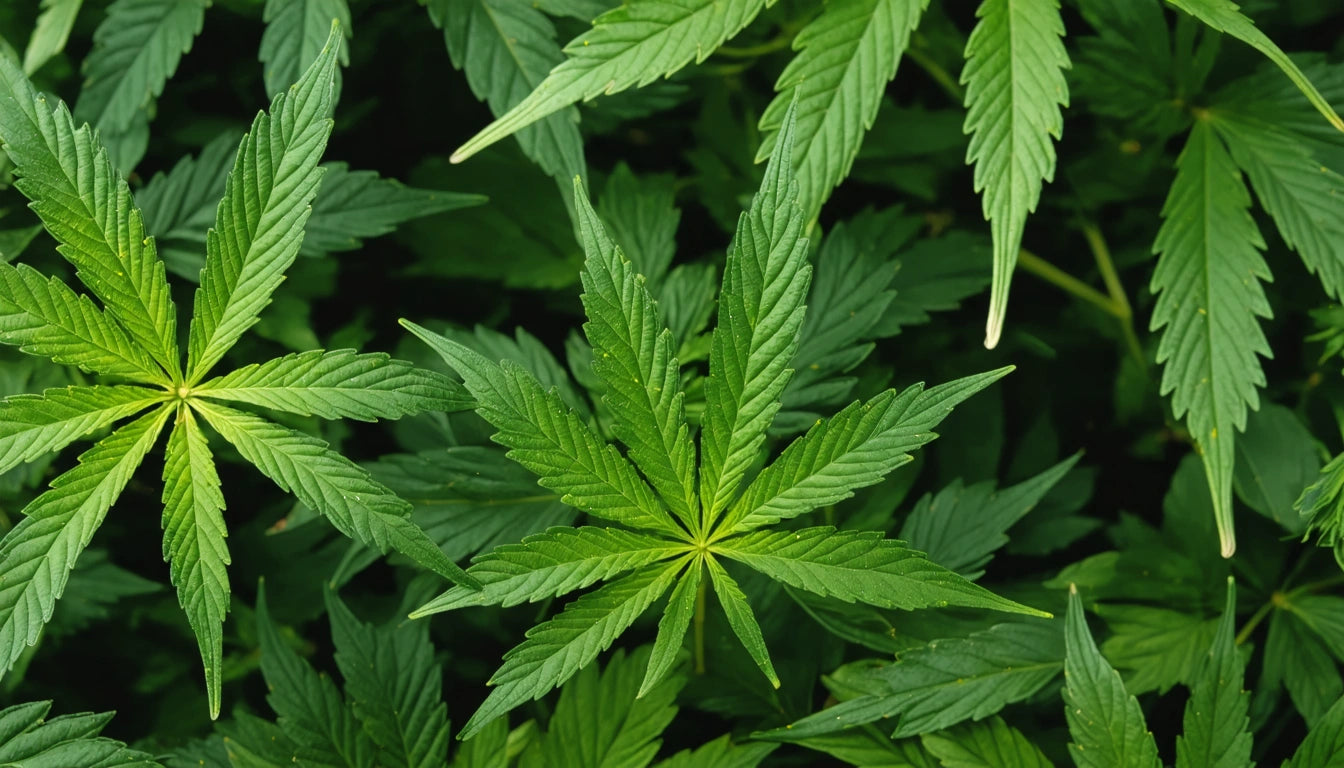- What is THCA? The Precursor to THC
- THCA vs. THC: Key Differences in Chemistry
- Does THCA Flower Get You Stoned?
- The Conversion Process: How THCA Becomes Psychoactive
- Consumption Methods and Their Impact on THCA Effects
- Legal Considerations and Market Availability
- The Future of THCA Products in Cannabis Markets
Can THCA Get You Stoned? Understanding Its Effects
Cannabis chemistry can be complex, especially when it comes to compounds like THCA. Many consumers are confused about whether THCA can get you stoned, particularly when comparing it to the well-known effects of THC. This comprehensive guide explores the science behind THCA, its relationship with THC, and answers the common question: will THCA get you stoned?
What is THCA? The Precursor to THC
THCA (tetrahydrocannabinolic acid) is the non-psychoactive precursor to THC found naturally in raw and live cannabis plants. In its raw form, THCA doesn't produce the intoxicating effects typically associated with cannabis consumption. This compound is abundant in freshly harvested cannabis and THCA flower, which refers to cannabis flower specifically cultivated to contain high levels of THCA.
The molecular structure of THCA includes a carboxylic acid group that prevents it from binding effectively to the CB1 receptors in the brain. These receptors are responsible for the psychoactive effects we associate with feeling stoned or high.
THCA vs. THC: Key Differences in Chemistry
The primary difference between THCA and THC lies in their chemical structure and psychoactive properties:
- THCA is non-psychoactive in its natural state
- THC is psychoactive and produces the classic cannabis high
- THCA converts to THC through decarboxylation
- THC directly interacts with the endocannabinoid system
As explained in this comprehensive comparison, understanding the distinction between these compounds is crucial for consumers seeking specific effects from cannabis products.
Does THCA Flower Get You Stoned?
The question "does THCA flower get you stoned?" has a nuanced answer. Raw THCA flower, if consumed without heating (such as eating raw cannabis), will not produce psychoactive effects. However, when THCA flower is smoked, vaped, or otherwise heated, the THCA rapidly converts to THC, which will indeed produce psychoactive effects.
This conversion is why consumers who smoke THCA-rich flower still experience psychoactive effects similar to traditional THC products. The smoking process itself provides the heat necessary for decarboxylation, transforming the non-intoxicating THCA into the psychoactive THC before it enters your system.
The Conversion Process: How THCA Becomes Psychoactive
Decarboxylation is the chemical reaction that converts THCA to THC. This process occurs when THCA is exposed to heat, which removes the carboxylic acid group (COOH) from the molecule, releasing carbon dioxide and transforming it into THC.
The conversion happens at various temperatures and rates:
- Smoking/combustion (350 °F+): Nearly instant conversion
- Vaporization (315-440 °F): Rapid conversion
- Cooking/baking (220-245 °F): Gradual conversion over 30-45 minutes
- Aging/curing: Very slow conversion over weeks or months
Understanding this transformation helps explain why methods like smoking or vaping THCA flower will indeed get you stoned, while consuming raw cannabis typically won't.
Consumption Methods and Their Impact on THCA Effects
How you consume THCA dramatically affects whether you'll experience psychoactive effects:
Methods That Convert THCA to THC
These methods will get you stoned because they convert THCA to THC:
- Smoking
- Vaping
- Dabbing
- Cooking/baking into edibles
Methods That Preserve THCA
These methods generally won't get you stoned because they don't convert THCA to THC:
- Raw consumption (eating fresh cannabis)
- Cold-pressed juicing
- Tinctures made without heat
When storing THCA products, proper packaging is essential to maintain potency and prevent premature decarboxylation. Many producers use specialized mylar bags designed for eighth-ounce quantities to protect the chemical integrity of the product from light, air, and moisture that could degrade the cannabinoids.
Legal Considerations and Market Availability
The legal status of THCA creates interesting market dynamics. Since THCA itself is not listed as a controlled substance in many jurisdictions, some vendors market THCA products as a legal alternative to THC products. However, this exists in a gray area since THCA readily converts to THC when heated.
Consumers should be aware that THCA can impact drug test results after conversion to THC in the body. This is particularly important for individuals subject to workplace drug testing or operating in industries with zero-tolerance policies.
The Future of THCA Products in Cannabis Markets
As cannabis markets mature, we're seeing increased interest in the potential of THCA products. Research into the non-psychoactive benefits of THCA continues to expand, with preliminary studies suggesting anti-inflammatory, neuroprotective, and antiemetic properties.
For consumers asking "will THCA get you stoned," the key takeaway is that context matters. The compound itself won't, but its converted form will. This distinction allows for diverse product development targeting both recreational users seeking psychoactive effects through heated consumption and wellness-focused consumers interested in THCA's potential therapeutic benefits without intoxication.
Whether you're exploring THCA flower for its potential conversion to THC or interested in its non-psychoactive properties in raw form, understanding the science behind this fascinating compound helps make informed decisions about consumption methods and expected effects.











Leave a comment
All comments are moderated before being published.
This site is protected by hCaptcha and the hCaptcha Privacy Policy and Terms of Service apply.